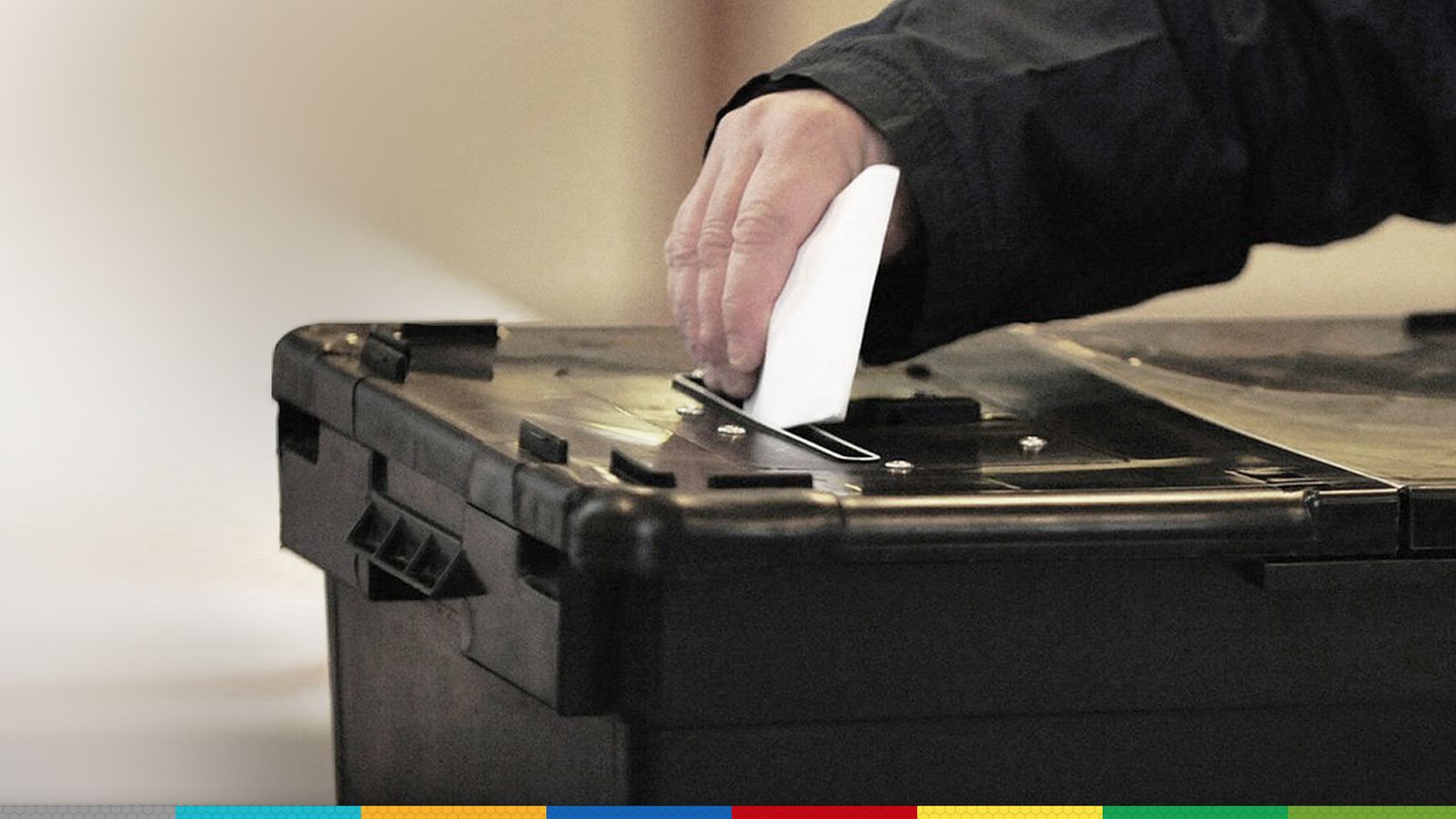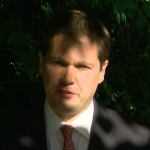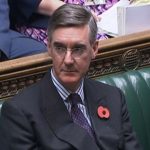The polling stations are closed, the campaigns are over and there is nothing left for the candidates to do other than wait for the results.
Votes cast by millions of people across England, Scotland and Wales will now determine who controls the key levers of political power outside of Westminster.
What has been voted on?
Results of the parliamentary elections in Scotland and Wales will decide the new makeup of the Holyrood parliament and the Senedd.
The largest parties in each will then form the next Scottish and Welsh governments – either as a result of outright majorities, or through coalitions with smaller parties.
In England there will be a bumper set of results for the council elections, with 4,725 councillors being selected across 143 councils. The outcome of elections for the 25-member London Assembly will also be announced.
Contests for 13 directly elected mayors have taken place in England, with results due for eight regional mayors, including London, the West Midlands, Greater Manchester and Tees Valley, and five city mayors in Bristol, Doncaster, Liverpool, North Tyneside and Salford.
39 new police and crime commissioners will also be declared across England and Wales.
All of these elections were scheduled, although some are taking place a year later than planned due to the pandemic, but the one exception to that is the Hartlepool by-election.
The vote was triggered in March after Mike Hill stood down as Labour MP for the constituency with immediate effect ahead of an employment tribunal over accusations of sexual harassment.
Please use Chrome browser for a more accessible video player
When will results come in?
Unlike a general election, there will not be an exit poll for these elections, so it is going to take time for the big picture to emerge.
COVID-19 restrictions and the sheer number of elections mean the counting process is expected to take longer than usual, with results being declared over the course of the weekend.
Some counts will take place overnight, with the result of the Hartlepool by-election expected in the early hours of Friday morning.
But most counts, including those for the Scottish parliament and the Senedd in Wales, will only start on Friday.
The full set of local council results in England is unlikely to be declared until Sunday night, while the final results for police and crime commissioners may take until Monday.
What are the results to look out for?
Being the first major result to declare, the Hartlepool by-election will attract much of the initial attention, but it could also set a much longer-term narrative.
If Labour fails to hold this Westminster parliamentary seat, Sir Keir Starmer’s critics within his party could start raising questions about his leadership – as our political editor Beth Rigby explains here.
If the Conservatives do win Hartlepool, the question will be whether they can complete what has been dubbed the “hat-trick” by holding on to metro mayor positions in Tees Valley and the West Midlands.
Both represent the kind of traditional Labour heartlands that Sir Keir needs to win back. The Tees Valley result is expected later on Friday, while the West Midlands declaration is likely to be announced on Saturday.
Friday afternoon will also see a stream of English council results, including Derbyshire and Nottinghamshire, identified by our deputy political editor Sam Coates as key to gauging the public mood.
By Friday evening some of the most important results for the Scottish parliament elections are expected to be declared, giving the first indications of whether the SNP are on course to win the overall majority which evaded them in the last elections in 2016.
If Nicola Sturgeon is able to increase her party’s support, the issue of a second independence referendum and the future of the Union will dominate all else, raising serious questions about how Boris Johnson will respond.
Friday evening should also be the point at which it becomes clear whether first minister of Wales Mark Drakeford has led Labour to an outright majority, or whether he will need to form a coalition with another party, most likely Plaid Cymru.
By the time we get to Saturday all eyes will be on the results from the big mayoral elections – including whether incumbent Mayor of London Sadiq Khan is able to do something that has not been done before – win in the first round by securing more than 50% of the vote.
If that were to happen, Boris Johnson will face questions about why the city he governed for eight years as mayor has abandoned the party he now leads.






















